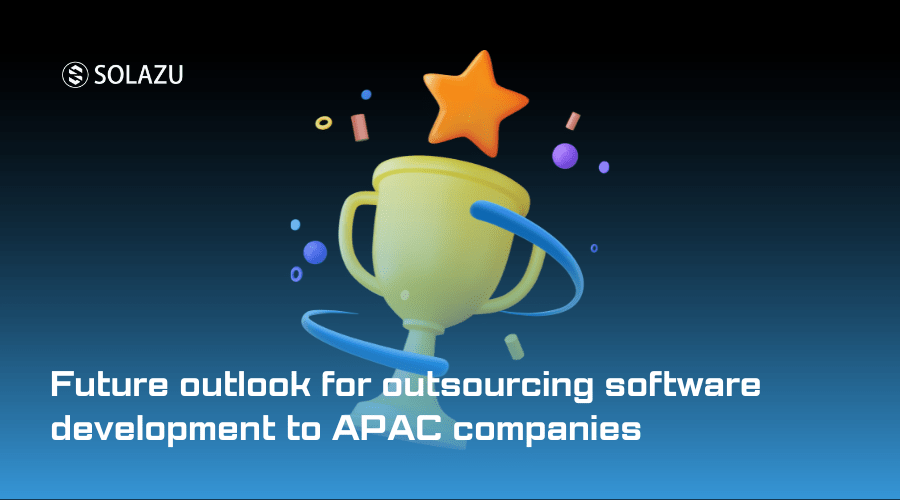As the software development industry continues to grow and evolve, outsourcing to companies in the Asia-Pacific (APAC) region has become an increasingly popular choice for businesses around the world. This trend is expected to continue in the coming years, with a bright future ahead for outsourcing software development to APAC companies.
One of the main reasons for this positive outlook is the continued growth of the technology industry in the APAC region. Countries such as India, China, Vietnam, and the Philippines have become global hubs for software development and have highly skilled and educated workforces that can deliver quality products at competitive prices.
In addition, these countries have made significant investments in their technology infrastructure, which has allowed them to develop state-of-the-art facilities and cutting-edge technologies. This has enabled APAC companies to offer a wide range of services, including software development, application development, testing, maintenance, and support, among others.
Another factor driving the future outlook for outsourcing to APAC companies is the growing trend towards digital transformation. As businesses of all sizes look to digitize their operations and services, the demand for software development services is expected to continue to rise. APAC companies are well positioned to meet this demand due to their experience, expertise, and competitive pricing.
Furthermore, as the COVID-19 pandemic has accelerated the adoption of remote work and online services, outsourcing to APAC companies has become an even more attractive option. With many businesses now operating remotely, outsourcing provides a way to access talent and resources from around the world while maintaining social distancing and reducing costs.
However, while the future outlook for outsourcing to APAC companies is positive, there are also some challenges and risks to consider. These include issues around data privacy, intellectual property protection, cultural and language differences, and the need for effective communication and collaboration.
To ensure successful outsourcing partnerships with APAC companies, it is important to take a strategic approach. This includes choosing the right partner, establishing clear communication channels, defining project goals and expectations, setting up effective project management and reporting systems, and addressing any cultural or language barriers.
It is also important to establish strong legal agreements and contracts that protect your intellectual property and ensure compliance with data privacy regulations. This requires a thorough understanding of the legal and regulatory environment in the country where your outsourcing partner is located, as well as a willingness to invest in legal support to ensure your interests are protected.
In conclusion, the future outlook for outsourcing software development to APAC companies is bright, with continued growth and expansion expected in the coming years. With the right strategies and approach, businesses can benefit from the many advantages that APAC outsourcing partners offer, including cost savings, access to highly skilled talent, and a competitive advantage in the global marketplace.
